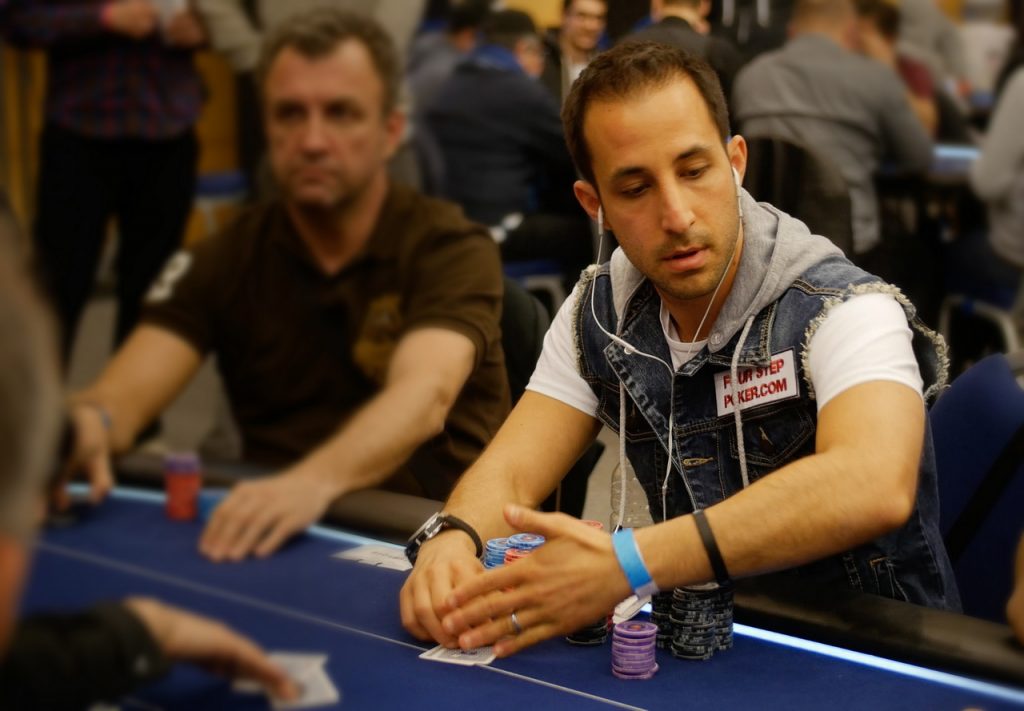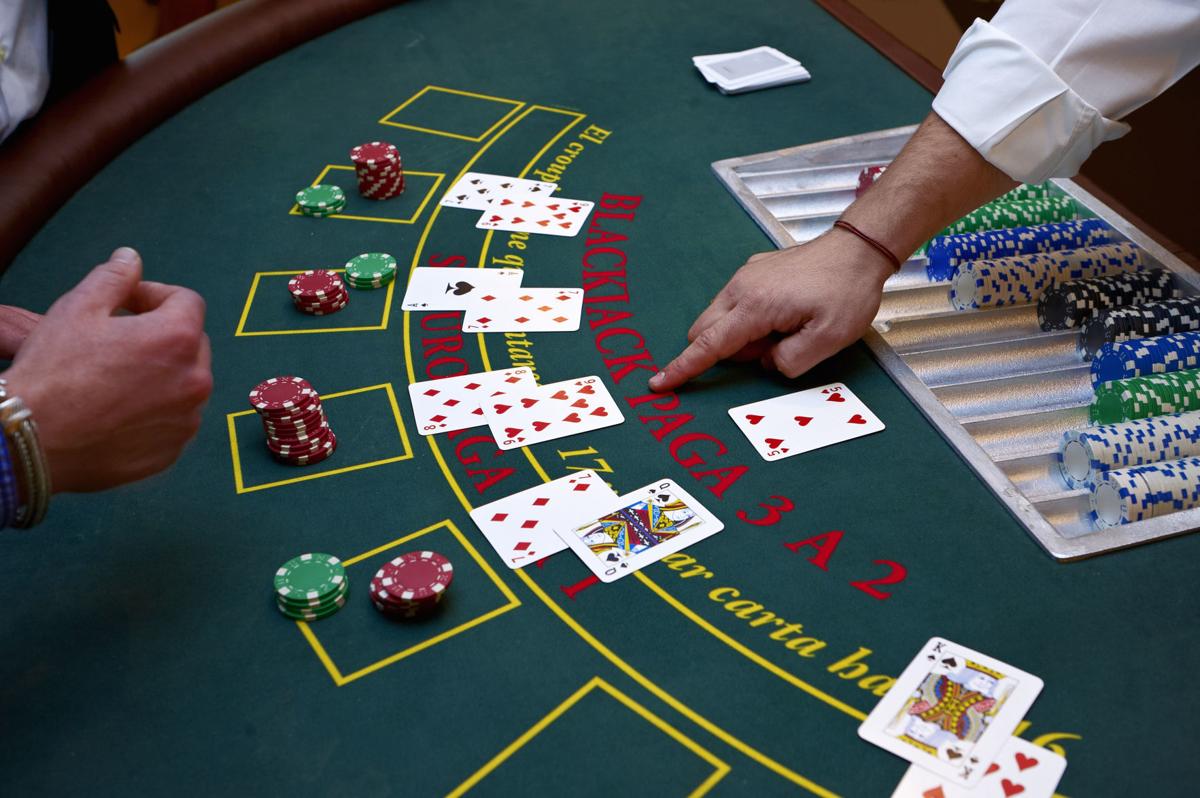Surely you have heard such a question more than once and most likely your answer was positive with some refinements. This topic has been discussed more than once, it has generated a lot of disputes and arguments, but there is still no unambiguous answer to this question.
Semantics of definition

It took a lot of effort and time to formulate the concept. As a result, gambling has been defined as the act of putting a player’s assets at risk, who hopes to maximize his profits. This wording may seem quite appropriate, but it could just as well be used to define a multitude of other activities. It doesn’t matter whether you are making an investment in real estate, starting your own business, or simply going to college. Everything you commit involves risk, and therefore it’s also gambling.
Legal Aspects
Legally, gambling is based on the idea of dominance, meaning that chance and luck prevail over skill. No one would argue that starting your own business is a risk, as the intuition and acumen of the businessman act as the leading factors that prevail over chance. Dice, roulette, slot machines, lotteries are all related to gambling because the outcome of these games depends on chance.
For a long time, poker was considered by all courts to be a type of gambling, because chance was recognized as the leading element in it. As a result, states that banned gambling could consider poker an illegal game. However, not too long ago, several court decisions were published in the United States that did not include poker in the class of gambling because skill in it prevails over chance.
Pragmatics
All of the above, however, still does not answer the main question: what is gambling and whether poker belongs to it. Neither the first nor the second definition can be used in relation to a huge number of forms of human activity. We can distinguish two basic values that characterize human life and the “games” in which we participate.
Efficiency, or the expected benefits of the game

How does an individual game end up if the player has average skills? If he plays roulette, dice or slot machines, he is initially predicted to have a negative result. The efficiency of other “games” can also be predicted. For example, studying to be a medical doctor in college is quite risky, but this venture has a high KPI because in the long run the doctor will be able to recoup the money spent, as well as get some nice bonuses.
When you start your own company, you are taking an intentional risk. According to statistics, about half of all entrepreneurs go bankrupt in the first 5 years, it turns out that the efficiency of business activity has a low rate.
Poker can be put in the category of games with low efficiency because of the rake. If all players had the same skill, all of them would always be at a loss.
Flexibility of the game
This definition refers to the actions a player takes to decrease or increase their own efficiency.
A number of games, such as roulette, cannot be inherently flexible. No matter how great the desire of the player, he can not affect the efficiency of the game. The game of dice has a small percentage of flexibility because the player can make a bet that reduces the house edge.
Starting your own business is also a flexible process, and the outcome depends heavily on the discernment of the businessman. The same can be said about poker; it is flexible by nature.
To return to the question of whether poker is gambling, we can say the following:
- From a semantic point of view, poker is gambling, because poker involves risk along with other activities, the main focus of which is reward.
- From a legal point of view, poker is not gambling.
- From a pragmatic point of view, the answer is twofold and depends on the player’s ability to take advantage of the game’s notion of flexibility at the right time.




Recent Comments